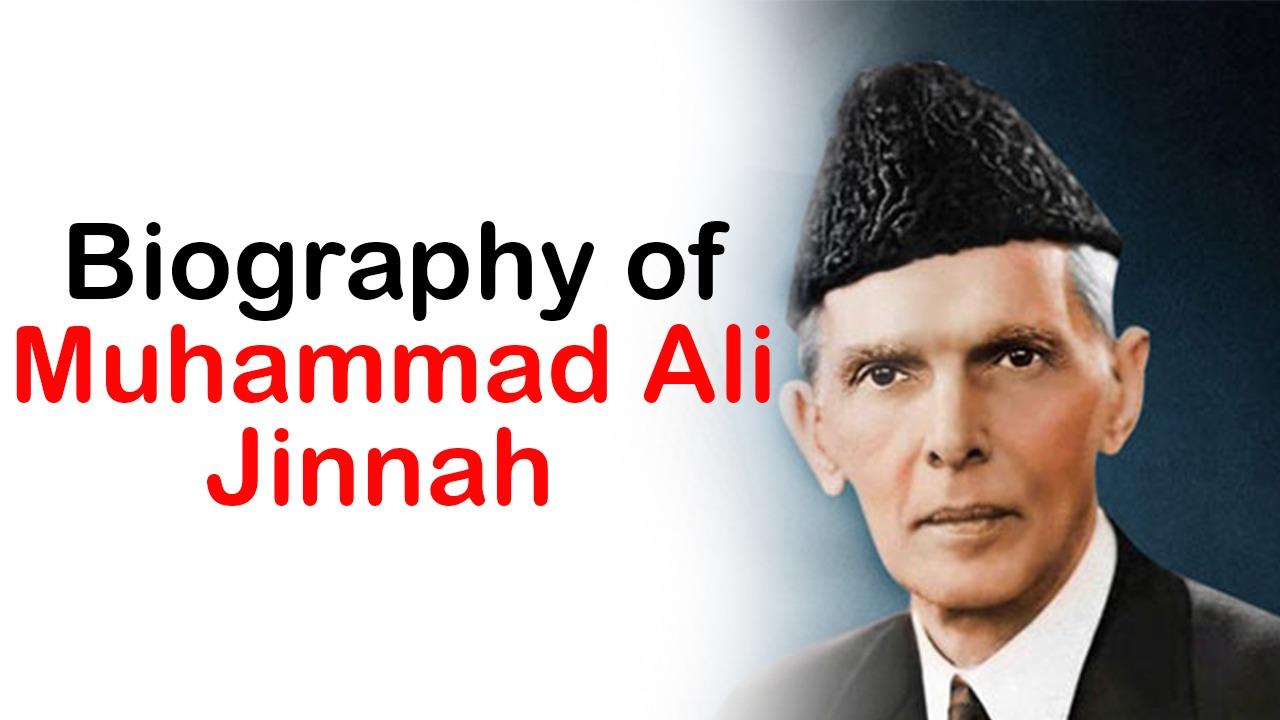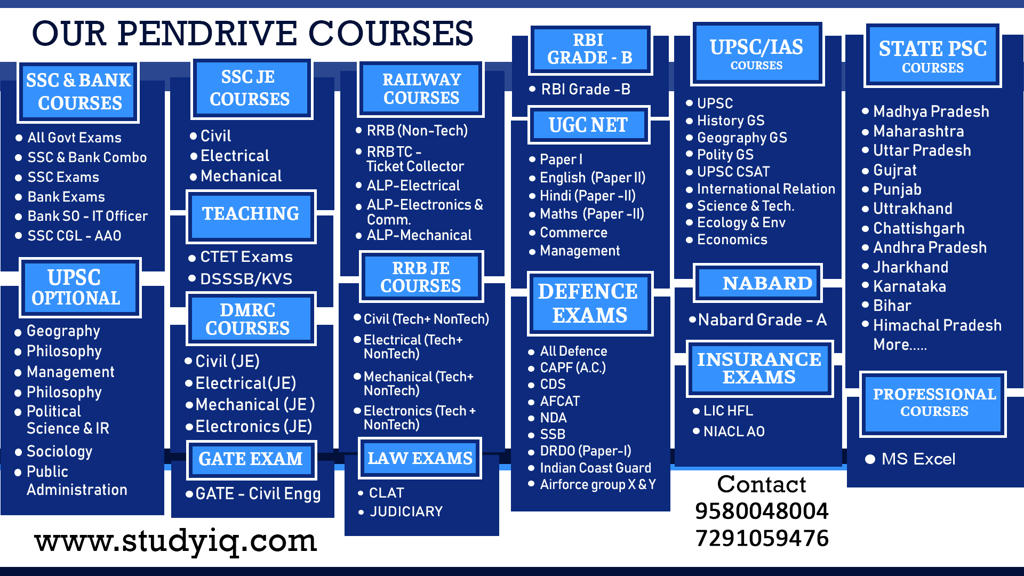Table of Contents
EARLY LIFE
- Muhammad Ali Jinnah was born in a rented apartment on the second floor of Wazir Mansion in Karachi, Pakistan (then part of India), on December 25, 1876.
- At the time of his birth, Jinnah’s official name was Mahomedali Jinnahbhai. The eldest of his parents’ seven children, Jinnah was underweight and appeared fragile at the time of his birth.
- But Jinnah’s mother, Mithibai, was convinced her delicate infant would one day achieve great things. Jinnah’s father, Jinnahbhai Poonja, was a merchant and exporter of cotton, wool, grain and range of other goods.
EARLY LIFE
- When Muhammad Ali Jinnah was 6 years old, his father placed him in the Sindh Madrasatul-Islam School. Jinnah was far from a model student.
- He was more interested in playing outside with his friends than focusing on his studies. As the proprietor of a thriving trade business, Jinnah’s father emphasized the importance of studying mathematics, but, ironically, arithmetic was among Jinnah’s most hated subjects.
EDUCATION
- Despite his mother’s resistance, Jinnah accompanied his aunt back to Bombay, where she enrolled him in the Gokal Das Tej Primary School.
- Despite the change of scenery, Jinnah continued to prove himself a restless and unruly student. Within just six months he was sent back to Karachi. His mother insisted he attend Sind Madrassa, but Jinnah was expelled for cutting classes to go horseback riding.
- Jinnah’s parents then enrolled him in the Christian Missionary Society High School, hoping he would be better able to concentrate on his studies there.
IN ENGLAND
- At his mother’s urging, the 15-year-old Jinnah entered into an arranged marriage with his 14-year-old bride, Emibai, in February 1892.
- Following the marriage, Jinnah continued attending the Christian Missionary Society High School until he left for London. He departed Karachi in January of 1893. Jinnah would never see his wife or his mother again.
- Emibai died a few months after Jinnah’s departure. Devastatingly, Jinnah’s mother, Mithibai, also passed away during his stay in London.
BARRISTER
- Sir Frederick Leigh Croft, a business associate of Jinnahbhai Poonja, offered young Jinnah a London apprenticeship with his firm, Graham’s Shipping and Trading Company.
- Soon after his arrival in London, Jinnah gave up the business apprenticeship in order to study law, enraging his father, who had, before his departure, given him enough money to live for three years.
- In June of 1893 Jinnah left the position to join Lincoln’s Inn, a renowned legal association that helped law students study for the bar. Over the next few years, Jinnah prepared for the legal exam
- When Jinnah passed his legal exam in May of 1896, he was the youngest ever to have been accepted to the bar.With his law degree in hand, in August 1896 Jinnah moved to Bombay and set up a law practice as a barrister in Bombay’s high court.
POLITICS
- He became an admirer of the Parsi British Indian political leaders Dadabhai Naoroji and Sir Pherozeshah Mehta. Naoroji had become the first British Member of Parliament of Indian extraction shortly before Jinnah’s arrival.
- Jinnah was particularly interested in the politics of India and its lack of strong representation in British Parliament.
- In 1904, Jinnah attended a meeting of the Indian National Congress. In 1906 he joined the congress himself. In 1912, Jinnah attended a meeting of the All India Muslim League, prompting him to join the league the following year.
FAREWELL CONGRESS
- He was a member of the moderate group in the Congress, favouring Hindu–Muslim unity in achieving self-government, and following such leaders as Mehta, Naoroji, and Gopal Krishna Gokhale.
- Although Jinnah initially opposed separate electorates for Muslims, he used this means to gain his first elective office in 1909, as Bombay’s Muslim representative on the Imperial Legislative Council.
- Jinnah’s moderate faction in the Congress was undermined by the deaths of Mehta and Gokhale in 1915; he was further isolated by the fact that Naoroji was in London, where he remained until his death in 1917
HINDU – MUSLIM
- By 1928 Jinnah’s busy political career had taken a toll on his marriage. He and his second wife separated. Rutti lived as a recluse at the Taj Mahal Hotel in Bombay for the next year, until she died on her 29th birthday.
- During the 1930s Jinnah attended the Anglo-Indian Round Table Conferences in London, and led the reorganization of the All India Muslim League.
- Three Round Table Conferences followed over as many years, none of which resulted in a settlement. Jinnah was a delegate to the first two conferences, but was not invited to the last. He remained in Britain for most of the period 1930 through 1934, practising as a barrister
LAHORE RESOLUTION
- On 3 September 1939, British Prime Minister Neville Chamberlain announced the commencement of war with Nazi Germany.
- The following day, the Viceroy, Lord Linlithgow, without consulting Indian political leaders, announced that India had entered the war along with Britain.
- The Lahore Resolution (sometimes called the “Pakistan Resolution“), based on the sub-committee’s work, embraced the Two-Nation Theory and called for a union of the Muslim-majority provinces in the northwest of British India, with complete autonomy.
- Similar rights were to be granted to the Muslim-majority areas in the east, and unspecified protections given to Muslim minorities in other provinces. The resolution was passed by the League session in Lahore on 23 March 1940.
TWO NATION THEORY
- He helped to found the newspaper Dawn in the early 1940s in Delhi; it helped to spread the League’s message and eventually became the major English-language newspaper of Pakistan.
- In September 1944, Jinnah and Gandhi, who had by then been released from his palatial prison, met formally at the Muslim leader’s home on Malabar Hill in Bombay.
- Two weeks of talks followed between them, which resulted in no agreement. Jinnah insisted on Pakistan being conceded prior to the British departure and to come into being immediately, while Gandhi proposed that plebiscites on partition occur sometime after a united India gained its independence.
TWO NATION THEORY
- The British people returned Clement Attlee and his Labour Party later in July in 1945. ttlee and his Secretary of State for India, Lord Frederick Pethick-Lawrence, immediately ordered a review of the Indian situation.
- The Muslim League declared that they would campaign on a single issue: Pakistan.
- In the December 1945 elections for the Constituent Assembly of India, the League won every seat reserved for Muslims. In the provincial elections in January 1946, the League took 75% of the Muslim vote, an increase from 4.4% in 1937
DEADLOCK
- In February 1946, the British Cabinet resolved to send a delegation to India to negotiate with leaders there. This Cabinet Mission included Cripps and Pethick-Lawrence. The highest-level delegation to try to break the deadlock, it arrived in New Delhi in late March.
- The British in May released a plan for a united Indian state comprising substantially autonomous provinces, and called for “groups” of provinces formed on the basis of religion. Matters such as defence, external relations and communications would be handled by a central authority
MOUNTBATTEN PLAN
- The Attlee ministry desired a rapid British departure from the subcontinent, but had little confidence in Wavell to achieve that end.
- On 20 February 1947, Attlee announced Mountbatten’s appointment, and that Britain would transfer power in India not later than June 1948. Mountbatten took office as Viceroy on 24 March 1947, two days after his arrival in India.
- On 2 June, the final plan was given by the Viceroy to Indian leaders: on 15 August, the British would turn over power to two dominions
PAKISTAN
- On 3 June, Mountbatten, Nehru, Jinnah and Sikh leader Baldev Singh made the formal announcement by radio.
- Jinnah concluded his address with “Pakistan Zindabad” (Long live Pakistan), which was not in the script. In the weeks which followed Punjab and Bengal cast the votes which resulted in partition.
- On 4 July 1947, Liaquat asked Mountbatten on Jinnah’s behalf to recommend to the British king, George VI, that Jinnah be appointed Pakistan’s first governor-general.
- On 14 August, Pakistan became independent; Jinnah led the celebrations in Karachi. One observer wrote, “here indeed is Pakistan’s King Emperor, Archbishop of Canterbury, Speaker and Prime Minister concentrated into one formidable Quaid-e-Azam.”
DEATH
- On 22 August 1947, just after a week of becoming governor general, Jinnah dissolved the elected government of Dr. Khan Abdul Jabbar Khan.
- In March, Jinnah, despite his declining health, made his only post-independence visit to East Pakistan. In a speech before a crowd estimated at 300,000, Jinnah stated (in English) that Urdu alone should be the national language, believing a single language was needed for a nation to remain united.
- Many years later, Mountbatten stated that if he had known Jinnah was so physically ill, he would have stalled, hoping Jinnah’s death would avert partition.
- Jinnah died at 10:20 pm at his home in Karachi on 11 September 1948 at the age of 71, just over a year after Pakistan’s creation.
Biography Free PDF

























 WhatsApp
WhatsApp